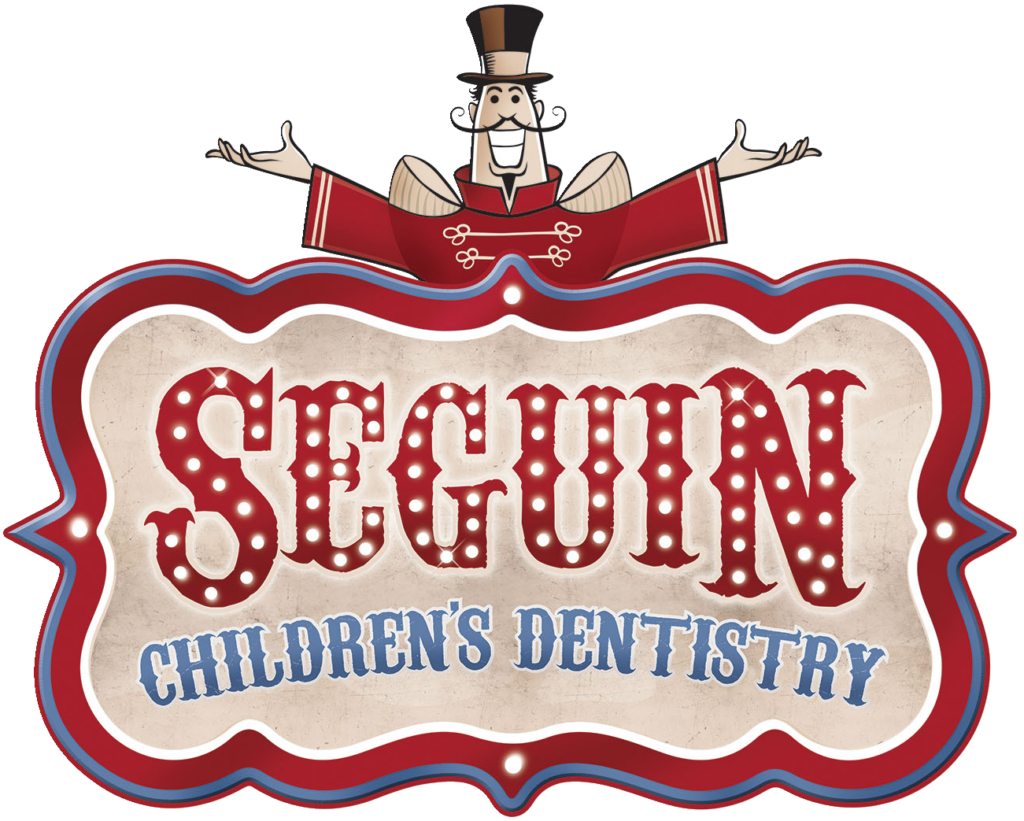Tongue piercings can be a fun form of self-expression and individuality. Like any piercing, there’s a risk for infection—but when it comes to your oral health, the long-term effects could impact your teeth, gums, and other areas of your mouth.
What Are Tongue Piercings?
A tongue piercing is a type of body piercing that is directly placed through the tongue. This type of piercing is classified as “intraoral,” meaning both ends of the jewelry reside in the mouth.
Types of Piercings
You can choose from several options when it comes to piercings. Many select a stud, which at its most basic form is a rod with a metal sphere at both ends. Other types of tongue piercings, like barbells, rings, and hoops, are made of various metals like stainless steel, gold, and titanium.
Tongue rings refer to a ring inserted through the lingual frenulum, the thin strip of tissue that connects the tongue’s underside to the floor of the mouth.
Risks and Oral Health Issues Associated With Tongue Piercings
These risks might seem a little scary, but oral piercing complications are relatively common:
- Allergic reactions
- Oral complications, like chipped or cracked teeth, gum damage, or tongue swelling (which can affect chewing, swallowing, and breathing)
- Pain and swelling in the first few days after the procedure
- Skin infections that might cause redness and pain
- Other skin problems like scarring
- Bloodborne diseases such as Hepatitis B, Hepatitis C, and HIV
- Tearing or trauma from jewelry accidentally ripped out
Cracking, Chipping, and Tooth Decay
When you first get your tongue pierced, you may develop a habit of bumping your jewelry against your teeth when talking or eating or even biting it. This common habit can injure your gums and lead to cracked, scratched, or sensitive teeth. It can also damage fillings. While you might wish for tongue rings or piercings that don’t damage teeth, all tongue piercings put your mouth at risk. Beyond the possibility of cracking and chipping, the jewelry can also accumulate plaque as it traps food and debris, which can lead to tooth decay and cavities.
Bacterial Infections
Because of its moist nature, your mouth creates an ideal place for bacteria to grow and live. That puts your mouth at risk of infection, especially when you make an incision and introduce jewelry. An infected piercing could potentially become life-threatening, as your tongue could swell and block your airway.
Nerve damage
Sometimes, your tongue may feel numb after getting pierced, which could be caused by temporary nerve damage. However, in some cases, the damage is permanent — which can affect your sense of taste and mouth movement.




